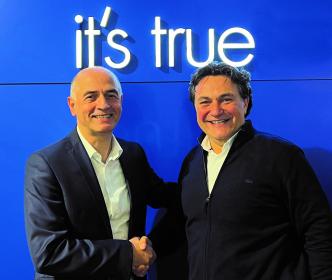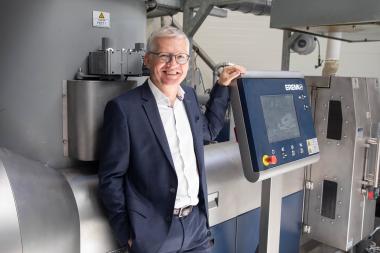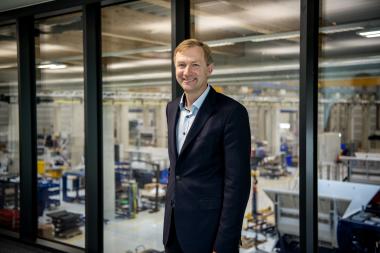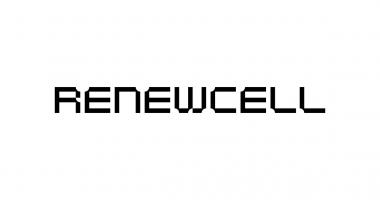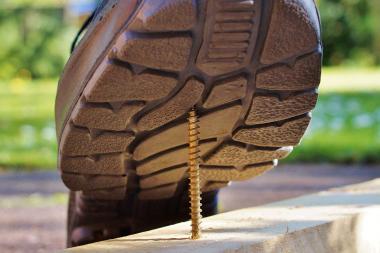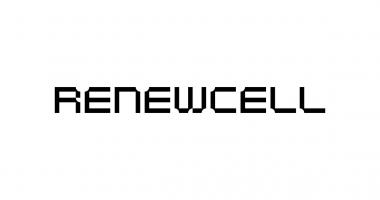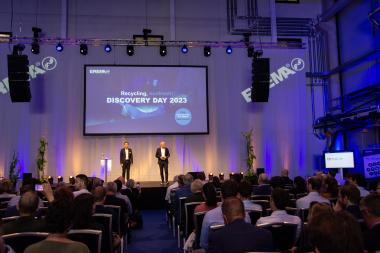Trützschler and Balkan join forces
Trützschler announces their cooperation with Balkan Textile Machinery. INC.CO, a partner which completes Trützschler's product portfolio for recycling by cutting and pulling solutions.
Both Balkan and Trützschler are family-owned companies for whom sustainability in the textile chain is a major concern. Balkan is well established in Turkey, one of the most important markets for textile recycling. Their robust and reliable machines help to cut, mix and tear textile waste to individual fibers, and to press them into bales of secondary fibers. These bales can be fed to the preparation process with Trützschler machines.
“We are now able to provide a complete line-up of technologically leading machinery which has been specifically developed for rotor and ring yarns from recycled materials”, says Markus Wurster, Director Sales and Marketing at Trützschler Group. “Customers benefit from less complexity when planning and executing a mill project. The combined processes from Trützschler and Balkan are perfectly fine-tuned, reliable and reproducible. And of course, customers have access to Trützschler’s premium service.” Osman Balkan, Owner of Balkan Textile Machinery. INC.CO, adds: “I am very happy that we can join forces with such a strong international player like Trützschler. Together we can make a significant contribution to dealing with textile waste globally."
Trützschler Group SE


